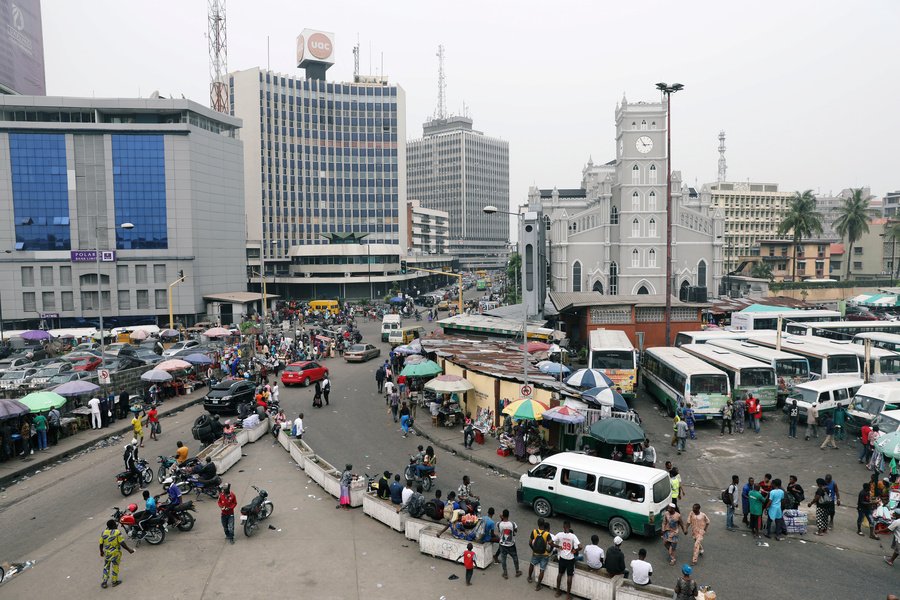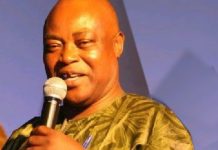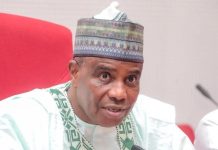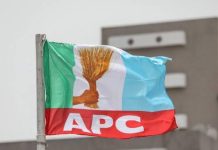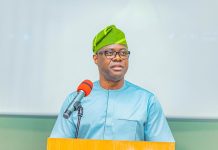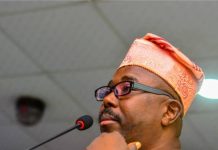By Abba Hamisu Sani
Africa-Press-Nigeria Nigeria is a multi-ethnic and culturally diverse federation of 36 autonomous states and the Federal Capital Territory. The political landscape is partly dominated by the ruling All Progressives Congress party (APC) which controls the executive arm of government and holds majority seats at both the Senate and House of Representatives in parliament, and 23 out of 36 State Governors.
Muhammadu Buhari secured a second term at the 2019 presidential elections. General elections are scheduled in February 2023. Since 2011, the security landscape has been shaped by the war against Boko Haram terrorist group in the northern states in addition to cases of banditry and kidnappings in the north-west and continued unrest in the southeast resulting from separatist agitations.
Economic overview
In 2020, Nigeria experienced its deepest recession in two decades, but growth resumed in 2021 as pandemic restrictions were eased, oil prices recovered, and the authorities implemented policies to counter the economic shock. Nigeria was highly vulnerable to the global economic disruption caused by COVID-19, particularly due to the decline in oil prices. Oil accounts for over 80 percent of exports, a third of banking sector credit, and half of government revenues. In 2018, 40% of Nigerians (83 million people) lived below the poverty line, while another 25% (53 million) were vulnerable. The number of Nigerians living below the international poverty line is expected to rise by 12 million in 2019–23.
As part of its COVID-19 response, the government carried out long-delayed policy reforms in 2020. Notably, it: (i) began to harmonize exchange rates; (ii) initiated reforms to eliminate gasoline subsidies; (iii) adjusted electricity tariffs to more cost-reflective levels; (iv) cut non-essential spending; and (v) enhanced debt management and increased transparency in the public sector, especially for oil and gas operations.
The COVID-19 crisis continues to disrupt Nigeria’s labor market. While it now exceeds pre-pandemic levels, improvements have been primarily due to workers turning to small-scale, non-farm enterprise activities in retail and trade, the revenues of which remain precarious.
Nigeria’s economic outlook remains highly uncertain. Uncertainty around the pace of vaccinations and the duration of COVID-19 persists. Moreover, the modest projected recovery can be threatened by volatility in the oil sector, including an unexpected shock to oil prices, and weaknesses in the financial sector. Even in the most favorable global context, the policy response of Nigeria’s authorities will be crucial to lay the foundation for a robust recovery.
Development Challenges
While Nigeria has made some progress in socio-economic terms in recent years, its human capital development ranked 150 of 157 countries in the World Bank’s 2020 Human Capital Index. The country continues to face massive developmental challenges, including the need to reduce the dependency on oil and diversify the economy, address insufficient infrastructure, build strong and effective institutions, as well as address governance issues and public financial management systems.
Inequality, in terms of income and opportunities, remains high and has adversely affected poverty reduction. The lack of job opportunities is at the core of the high poverty levels, regional inequality, and social and political unrest. High inflation has also taken a toll on household’s welfare and high prices in 2020 are likely to have pushed an additional 7 million Nigerians into poverty in 2020.
Security
Nigeria is faced with an unprecedented wave of different but overlapping security crises – from kidnapping to extremist insurgencies – almost every corner of the country has been hit by violence and crime.
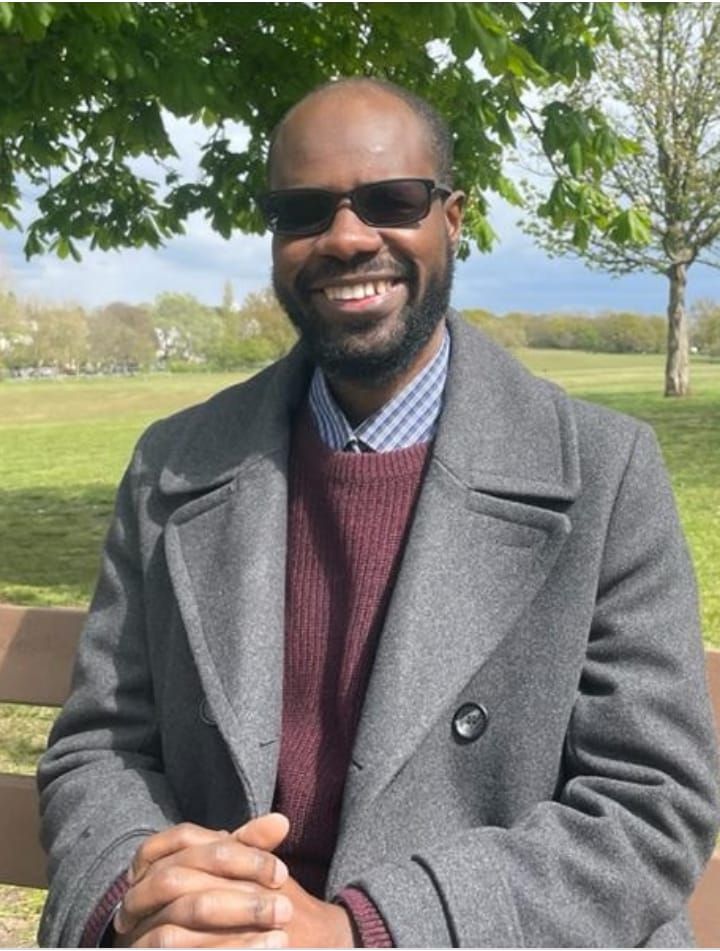
Analyst on Sahel Security
Audu Bulama Bukarti, a senior analyst on Sahel security at the Tony Blair Institute, says the scale of the insecurity threatens the every fabric of Nigerian society: “Which in every attack, human lives are lost or permanently damaged and faith in democracy and the country is diminishing.”
When President Muhammadu Buhari was elected in 2015, he promised to protect citizens from terrorists and criminals. But there are less than two years left of his final term in office and the country is more unstable than it’s been in decades.
Some have linked the recent surge of insecurity to the staggering poverty across the country. Youth unemployment currently stands at 32.5% and the country is in the mibddle of one of the worst economic downturns in 27 years.


